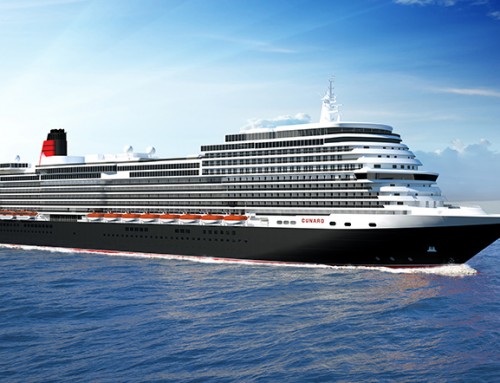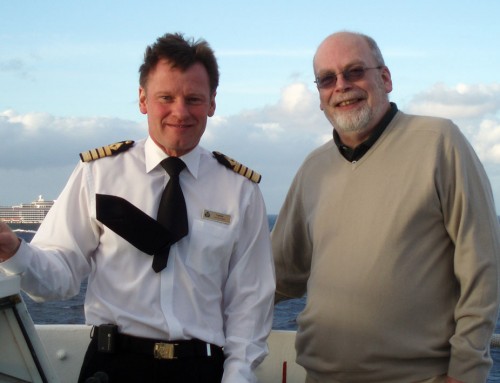A bill of rights for cruise passengers, announced in America this week in a bid to fend off potential legislation, is likely to be enacted in the UK later this summer.
The 10-clause charter drawn up by the Cruise Lines International Association (CLIA) guarantees that passengers will receive refunds if their ship breaks down, and that they may disembark a ship if toilet facilities and adequate food cannot be provided.
In the wake of the Costa Concordia tragedy and a succession of fires and other incidents which left cruise ships crippled for days, New York Democrat Senator Charles Schumer has been demanding stringent laws to regulate the cruise industry, similar to those covering airlines.
Most of the rights drawn up by CLIA already exist, such as access to medical treatment. Miami-based lawyer James Walker, who specialises in representing cruise passengers, said the bill of rights was “nothing more than a promise to treat passengers right.
“My biggest criticism is that it primarily addresses inconveniences and nuisances which passengers may face from time to time but includes no rights regarding more important matters, such as when a passenger is a victim of crime.
“Cruise lines should be required to immediately report crimes to the local authorities, disclose surveillance videos that may assist the prosecution, and include fines or penalties when the cruise lines do not behave appropriately.”
CLIA president Christine Duffy said the bill of rights goes beyond existing practices to “inform cruise guests of the industry’s commitment to their comfort and care.
“Many of the rights that were brought together in the Passenger Bill of Rights may look familiar as they are longstanding industry practices among many CLIA member lines. Other rights were adopted in consultation with maritime and transportation safety experts as well as representatives from other industries that have developed similar initiatives.”
The bill of rights makes the following pledges:
1. The right to disembark a docked ship if essential provisions such as food, water, restroom facilities and access to medical care cannot adequately be provided onboard, subject only to the Master’s concern for passenger safety and security and customs and immigration requirements of the port.
2. The right to a full refund for a trip that is canceled due to mechanical failures, or a partial refund for voyages that are terminated early due to those failures.
3. The right to have available on board ships operating beyond rivers or coastal waters full-time, professional emergency medical attention, as needed until shore-side medical care becomes available.
4. The right to timely information updates as to any adjustments in the itinerary of the ship in the event of a mechanical failure or emergency, as well as timely updates of the status of efforts to address mechanical failures.
5. The right to a ship crew that is properly trained in emergency and evacuation procedures.
6. The right to an emergency power source in the case of a main generator failure.
7. The right to transportation to the ship’s scheduled port of disembarkation or the passenger’s home city in the event a cruise is terminated early due to mechanical failures.
8. The right to lodging if disembarkation and an overnight stay in an unscheduled port are required when a cruise is terminated early due to mechanical failures.
9. The right to have included on each cruise line’s website a toll-free phone line that can be used for questions or information concerning any aspect of shipboard operations.
10. The right to have this Cruise Line Passenger Bill of Rights published on each line’s website.





Leave A Comment